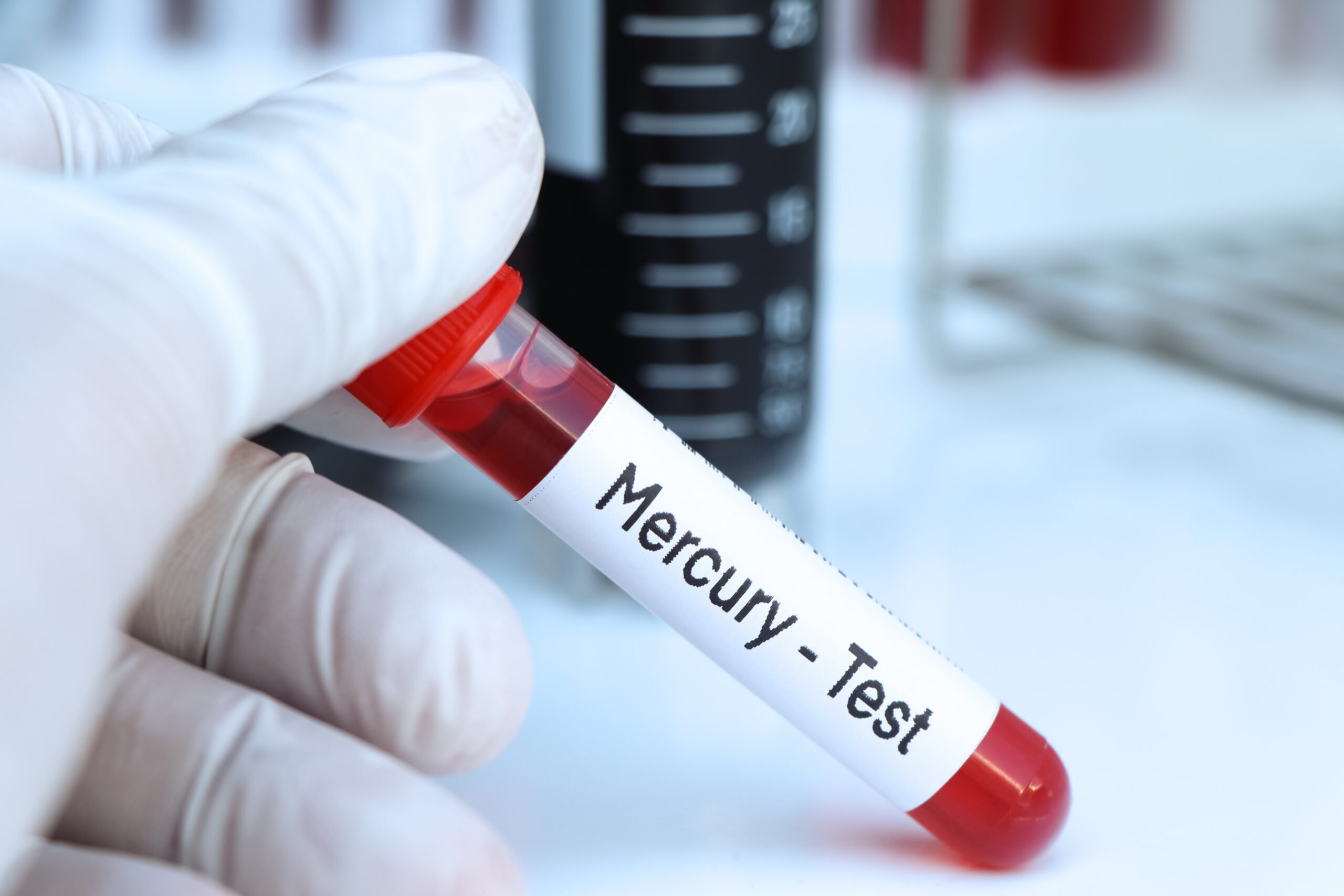Scientists have uncovered a new role the gut microbiome plays in caring for human health. A new study finds certain microbes living in the gut are responsible for what gets absorbed into the body. Not only are they capable of blocking the absorption of toxic metals such as mercury, but they also promote the absorption of nutritional metals like iron. Now, a new probiotic could be the key to lower mercury levels in the body.
Ingesting methylmercury is a major concern because it is extremely toxic. One of the side effects of having methylmercury in the body is it can mess with your brain development, especially during pregnancy and childhood. This is especially concerning for communities that eat a heavy diet of fish.
“It accumulates in living things, in plants and fish,” says lead author Daniela Betancurt-Anzola, a graduate student at Penn State, in a statement. “We eat those things, and it accumulates in us.”
The research team started out by analyzing thousands of genomes from gut bacteria. Their focus was to look for any genetic signs that would identify microbes involved in metal absorption. More specifically, they focused less on bacteria containing metal resistance genes and more on bacteria that could convert dangerous mercury to less toxic forms and absorb the heavy metal.
Another part of the research study examined how genes function in real-time when human and mouse microbes were exposed to mercury. They took these observations and used them to create a probiotic intended to detoxify a harmful type of mercury commonly found in the human diet. For example, the probiotic contained genes from Bacillus megaterium bacteria, which are highly resistant to methylmercury, into strains of a lactic acid bacteria called Lacticaseibacillus.
“It’s a perfect probiotic for this because we have previously shown it works in humans, and now we are engineering it to make it even better,” Betancurt-Anzola explains. “It is inside the gut, it grabs the methylmercury, then it goes out.”
While the current focus of the research group is to study how the gut interacts with mercury, they are also interested in studying how gut microbes absorb other kinds of metals. The end goal is to develop treatments that would lower the levels of dangerous metals in the body and increase the absorption of nutritional metals. “We are interested in studying how the entire microbial community reacts to different metals,” Betancurt-Anzola adds.
The research study was presented at ASM Microbe 2023, the American Society for Microbiology’s annual meeting in Houston, Texas.
